On Replacing Humans With AI

I decided to pen something on replacing humans with AI because it's obviously a very hot topic and I think we need to slow down a lot before we act. I am not anti-technology and my jury is still out on the topic of the applications of AI in the mental health field. I do not have all the answers yet and in this article I am simply posing questions that have yet to be answered to my satisfaction. With that in mind I think it prudent to take a slow, wait-and-see approach to this growing area of interest.
On Replacing Humans With AI
New technology can be a wonderful thing and sometimes its immediate application is a no-brainer. Replacing the human therapist is not one of those things. For our profession it has some behind-the-scenes, office and marketing applications that fall squarely in the realm of "administrative automation", something we've been doing for years. I'm mostly good with that.
But the replacement of the human factor on any level in what have been historically client-facing interactions, I think we need to take a very long, slow, wait-and-see attitude towards that application. That won't be an easy thing to do, perhaps impossible given the human urge to use shiny new things without the proper due diligence, and FOMO and all.
More importantly, and ethically, I don't think we should make guinea pigs of our clients (hasn't our "affirming care" professional approach done enough of that already?). The trust factor between client and counselors has got to be at an all-time low and we don't need to throw any gasoline on that fire.
Are You OK With This?
You visit your doctor's office with an issue of some urgency. The nurse leads you into the examination room where you are greeted by a metal stand with a notepad atop it and a note which reads, "In order to reduce costs and increase patient volume efficiencies we have replaced your doctor with an AI Virtual Professional. Please enter your symptoms and click the big green button." The tablet gives you its best assessment, informs you that it has called in 3 prescriptions to your favorite pharmacy, and has scheduled minor surgery for you next Thursday. "Please pay the lady at the front window."
As the patient, are you ok with that? Yes or no? Or how about this scenario.
You visit your therapist (in-person or on-line) with an issue that's adversely affecting all areas of your life. You're led into the examination room where you are greeted by a metal stand with a notepad atop it and a note which reads, "In order to reduce costs, increase patient volume efficiencies, and address a chronic mental health workforce access shortage we have replaced your therapist with an AI Virtual Professional. Please enter your symptoms and the diagnosis you wish to have affirmed and click the big green button." The tablet gives you its best conclusion, informs you that it has called in yet more prescriptions to your favorite pharmacy and has filed a report with CPS in addition to booking your next appointment. "Please pay the lady, window, etc."
As the client, are you ok with that? Yes or no?
Why are we even considering the replacement of live therapists with an algorithm? If you love phone tree calling systems, you're gonna love this! We have got to slow this runaway train down.
Cue The Lawyers: Have You Thought About This?
Does your liability insurance cover you if your online AI diagnosis is wrong? What if it's not wrong but an online client sues you anyway? Do you have a war-chest to fund that legal action? It's a very real, very fair question. And let's not forget about the HIPAA compliant factors involved here. You're opening yourself up to potential practice-ending risk exposure. Talk to your HIPAA compliance company about how to use AI effectively. (You do have a HIPAA compliance company, right?) This aspect alone should scare the bejeebers out of you.
What Does AI Say About AI?
GROK is Twitter's (X) on-board AI platform. I asked it to give me an assessment as to the advisability of utilizing AI as a replacement for the human element in the therapist-client relationship and here is it's verbatim summary:
"Conclusion: The consensus leans towards AI being an adjunct to human therapists rather than a replacement. AI can help bridge gaps in service provision, offer preliminary support, and enhance the efficiency of therapy through automation of certain tasks. However, for comprehensive, empathetic, and nuanced mental health care, human therapists are indispensable. The future might see a hybrid model where AI supports therapists by managing routine tasks, offering data analysis, and providing initial intervention, while human therapists handle the complex, relationship-based aspects of therapy. This approach would maximize both the technological advantages of AI and the irreplaceable human touch in psychotherapy."
The Dinosaur Guy Got It Right
Remember Dr. Ian Malcom from Jurassic Park? He was questioning the scientists' decision to bring back extinct dinosaurs from DNA they found, when he said,
“Your scientists were so preoccupied with whether they could, they didn't stop to think if they should.”
Summary
I don't care what the programming geeks say, AI is still in its infancy as far as the applications thereof. While we can't put the genie back in the bottle we need to slowly and purposefully consider each and every application of a technology that aims to substitute an algorithm for a sentient human brain. Clients' must come first in the consideration equation.
We've managed to screw up the availability of competent therapists in the past 2-3 decades but that doesn't mean we should rush to replace one error with another for the sake of new revenue streams. That's just bad judgement.
Just because we can doesn't mean we should. Let's slow down.
Got Something to Say?
These posts are based on the beliefs and personal experience of the post's author. Please feel free to leave your civil, constructive comments below. We try very hard to back up our statements with fact-based data and we ask you to do the same in your comments. You do not need to be logged in to leave a comment.
About the Author
 Kathleen Mills is a fire-breathing, 33+ year veteran of the counseling world. People react in one of two ways when evil touches their lives: some retreat in fear, and some advance without pause to engage it. Kathleen falls firmly in the latter group. She owns and operates Life Tree Counseling in Frisco, TX, possesses a tireless work-ethic, and eagerly awaits your arrival into her growing army of warriors.
Kathleen Mills is a fire-breathing, 33+ year veteran of the counseling world. People react in one of two ways when evil touches their lives: some retreat in fear, and some advance without pause to engage it. Kathleen falls firmly in the latter group. She owns and operates Life Tree Counseling in Frisco, TX, possesses a tireless work-ethic, and eagerly awaits your arrival into her growing army of warriors.

